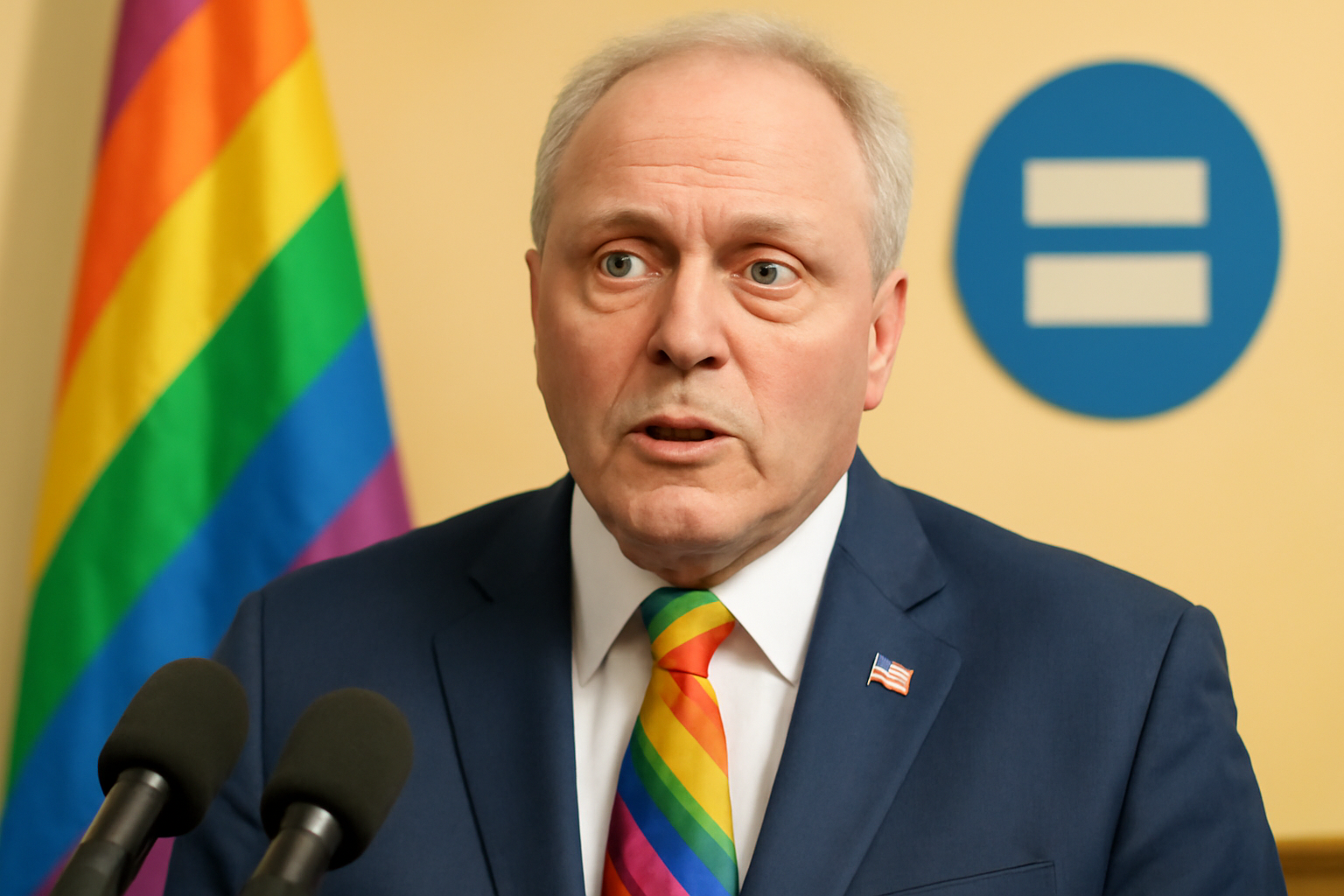
Trying To Understand What Happened in New Orleans
The shocking incident in New Orleans left everyone reeling and searching desperately yet urgently looking at how this could have happened. The unexpected attack set off a swift response from local authorities and community leaders. As details began trickling in, conversations naturally turned toward understanding why this act was committed and figuring out how best we can stop this from happening again. At a press conference, Rep. Steve Scalese shared his thoughts, suggesting DEI policies might have played a role in creating an environment conducive, he argued, made violence more likely. Representing Louisiana's 1st congressional district, Scalese believes these initiatives inadvertently contribute a little too much and not always positively.How Folks Are Reacting In The Community
Scalese's comments brought quick responses from different community segments. Many leaders and activists are pushing back, challenging any suggestion linking DEI efforts and what occurred in New Orleans. Critics think that focusing on this distracts from addressing real issues and might unfairly tarnish efforts aimed at promoting inclusivity and diversity. Local officials and DEI supporters stood firm in their positions, highlighting how essential these programs are in trying our best toward a more equal society. They stress that diversity initiatives aim at tackling deep-rooted inequalities and creating opportunities, especially where they've been lacking.Why Diversity, Equity, and Inclusion Matter
Diversity, equity, and inclusion initiatives are now vital topics in social justice discussions. These programs focus on addressing historical disparities and sharing opportunities equally with everyone, no matter their background. Supporters insist these initiatives are key in developing strong, cohesive communities. By welcoming varied perspectives, groups and societies can come up with innovative solutions and live together more peacefully. But not everyone agrees. Some critics feel that these efforts might sometimes feel unnecessary or even divisive, worrying that concentrating on diversity might lead us away from tackling what they consider more pressing issues.The Politics Behind Diversity Conversations
Scalese's remarks tap another layer in our political debate over diversity and inclusion. 'Wokeness' has become a hot topic, with some viewing it as a commitment toward confronting social injustices. However, others see it as complicating straightforward issues that need simple, direct solutions. In this framework, Scalese's opinions tie in with broader skepticism about DEI initiatives and often target progressive social policies more generally.Looking Ahead: Building Bridges Over Differences
While New Orleans works toward healing, attention remains on helping victims and stopping future violence. The debate over DEI's role in our society isn't going anywhere quickly, with people on all sides striving hard, trying hard, shaping public perception and policy. Ultimately, encouraging real dialogue and understanding each other are critical. Diversity and inclusion play vital roles in shaping a more equitable society. Dialogue should help bridge our differences and promote unity rather than widen existing gaps. In light (and after) what went down in New Orleans, it's crystal clear that moving forward requires teamwork across all levels. By focusing on what we share and aiming toward common goals, communities can come together, creating safer, more inclusive futures we can all look forward too.Related Posts
Triumphant Trans Woman Wins Legal Battle and Inspires Others to Stand Up for Their Rights
Breaking new ground: a landmark victory in transgender rights After battling in courtrooms and enduring endless challenges, Diana Portillo, a transgender woman, has secured a monumental victory in her decade-long fight against workplace discrimination. The result? Nearly $1 million awarded in a historic settlement. But this isn't just a win on paper—it represents a powerful precedent in combati [...]
Pride Month in Latin America: Protests and Demands for Equality
**Celebrating Pride and advocating LGBTQ+ rights in Latin America** Pride Month in Latin America was a lively mix where celebration met activism. Communities united, not just throwing a party but making a stand—demanding equality and pushing governments toward better protection and rights recognition. Throughout Latin America, pride events erupted in marches and cultural displays, each with a c [...]
Transgender Erasure Actions Implemented by National Park Service
```html Trump administration's impact on national park service and transgender recognition The Trump administration made notable moves in undermining transgender representation, which included directing agencies like National Park Service not include "T" and "Q" when they refered “LGBTQ” in any official communication. This move seems part a broader plan by this administration aimed at reducin [...]